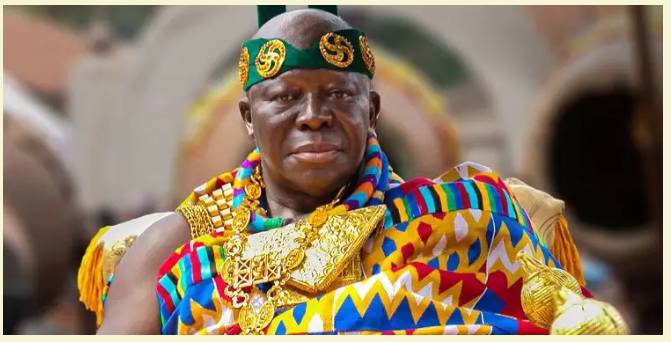The dust has barely settled on Ghana's 2024 general elections, yet the analysis and debates remain fever-pitched. The New Patriotic Party (NPP), once a towering force in Ghanaian politics, has faced a resounding nationwide rejection. But could this have been avoided? Manasseh Azuri, one of Ghana's most outspoken journalists, thinks not—and he didn't mince words.
The Ashanti Region Conundrum: No Safe Haven
For decades, the Ashanti Region has stood as the NPP’s impenetrable fortress, delivering massive votes that buoyed the party’s national prospects. This year, however, the stronghold seemed less of. The blame game started almost immediately, with fingers pointed at Dr. Matthew Opoku Prempeh, the Vice Presidential candidate hailing from the region, for his failure to rally voters.
But Manasseh Azuri sees things differently. In a fiery social media post, he argued that the NPP’s loss in the Ashanti Region wasn’t just about “Napo’s†alleged arrogance or poor campaign tactics. Instead, it was symptomatic of a broader, nationwide discontent. "The effect of bad governance is like rain; it doesn’t fall on only one roof," he remarked.
The Otumfuo Hypothetical: A Royal Rescue That Never Was
In a statement that’s set tongues wagging, Manasseh claimed that even if Otumfuo Osei Tutu II, the revered Asantehene, had been made the NPP’s running mate, it wouldn’t have changed the outcome. Why? Because the people’s frustrations weren’t about personalities—they were about lived experiences.
From locked funds to failing businesses and economic hardships, Ghanaians across the board felt the pinch. “Some people who felt the pinch on their bank accounts and businesses would not have been swayed,†he added. His words highlight a sobering reality: voters weren’t just angry—they were disillusioned.
A Nationwide Tsunami of Discontent
The NPP’s struggles were not confined to the Ashanti Region. Across the nation, the story was the same. Years of perceived mismanagement, broken promises, and economic turbulence turned even the staunchest loyalists against the party. As Manasseh put it, "The hardship imposed by the wicked few who hijacked the government was felt everywhere, including Ashanti."
His analysis has resonated with many Ghanaians, who see the election results as a direct consequence of poor governance. This was no ordinary election loss; it was a nationwide reckoning.
Lessons for the Future: Can the NPP Rebuild?
If there’s one takeaway from Manasseh Azuri’s comments, it’s that Ghana’s electorate is evolving. Blind loyalty to political parties is waning, replaced by a growing demand for accountability. For the NPP, this election should serve as a wake-up call. Blaming individuals like Dr. Matthew Opoku Prempeh won’t suffice. To regain trust, the party must address systemic issues and reconnect with voters on a meaningful level.
Food for Thought: What Would You Do?
Manasseh’s bold claim about Otumfuo Osei Tutu II sparks an intriguing question: Can even the most revered figures sway voters in the face of widespread discontent? Or are elections in Ghana entering a new era where performance and policies matter more than personalities? Share your thoughts in the comments below.
The Bigger Picture: Ghana’s Democratic Maturity
This election was more than just a contest between parties; it was a testament to Ghana’s growing democratic maturity. The electorate’s decision to hold the government accountable signals a shift in how politics is practiced in the country. The message is clear: no one is untouchable.
Call to Action: Let Your Voice Be Heard
What are your thoughts on Manasseh Azuri’s analysis? Do you agree that even Otumfuo couldn’t have saved the NPP? Or do you believe the party’s loss was due to specific strategic failures? Join the conversation and let’s dissect the lessons from this historic election together.



